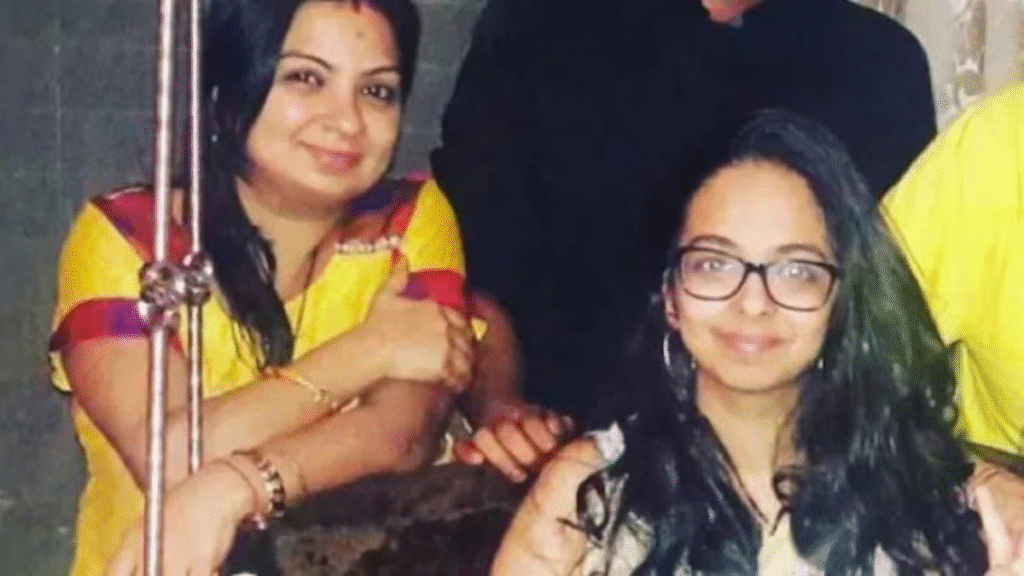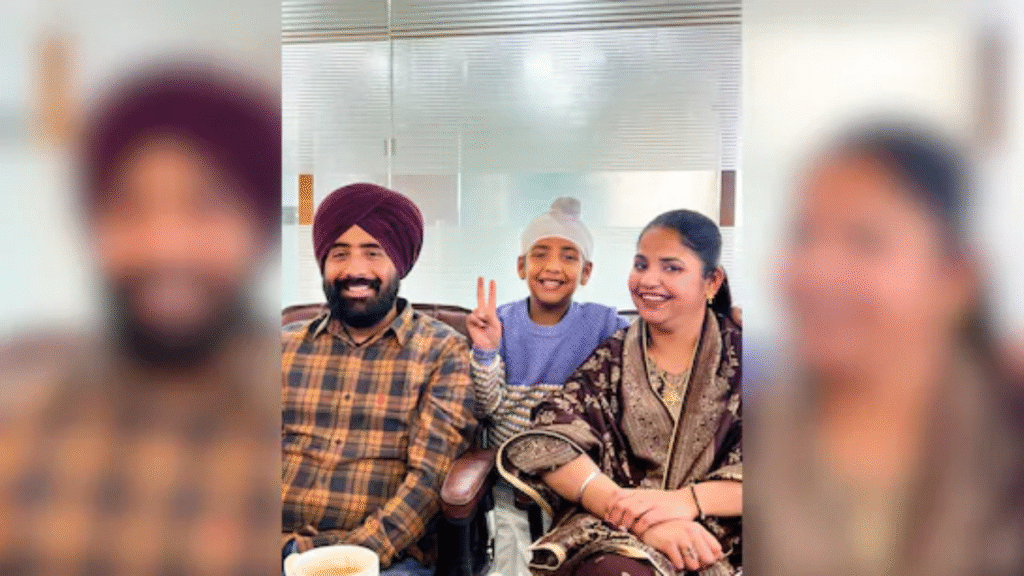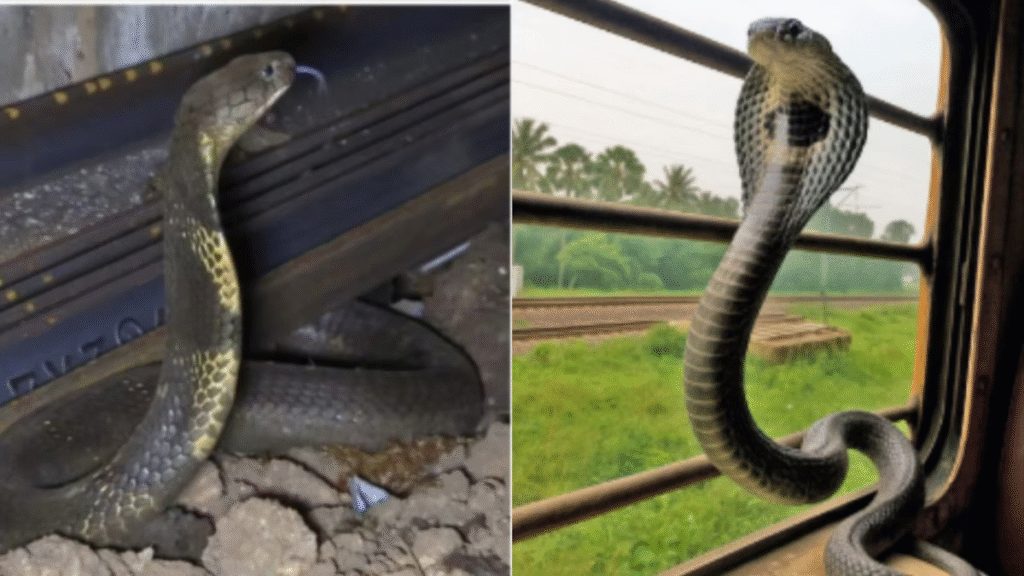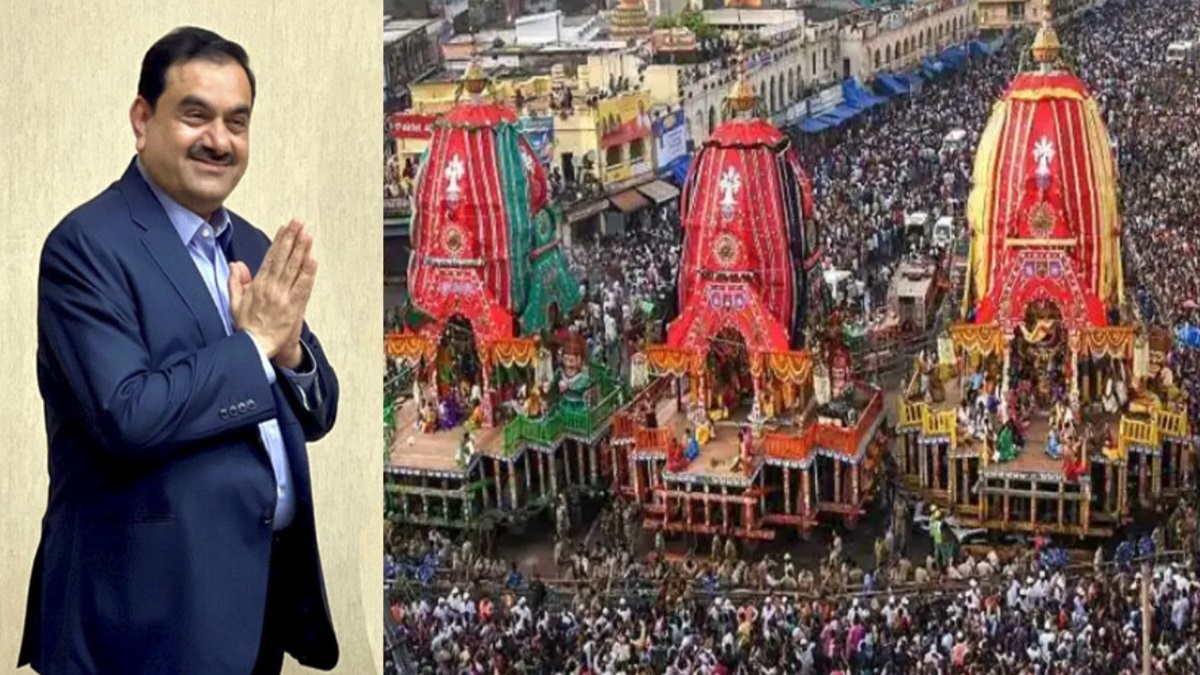Now Reading: Owaisi Alleges ECI Implementing ‘Backdoor NRC’ in Bihar Ahead of Polls
-
01
Owaisi Alleges ECI Implementing ‘Backdoor NRC’ in Bihar Ahead of Polls
Owaisi Alleges ECI Implementing ‘Backdoor NRC’ in Bihar Ahead of Polls
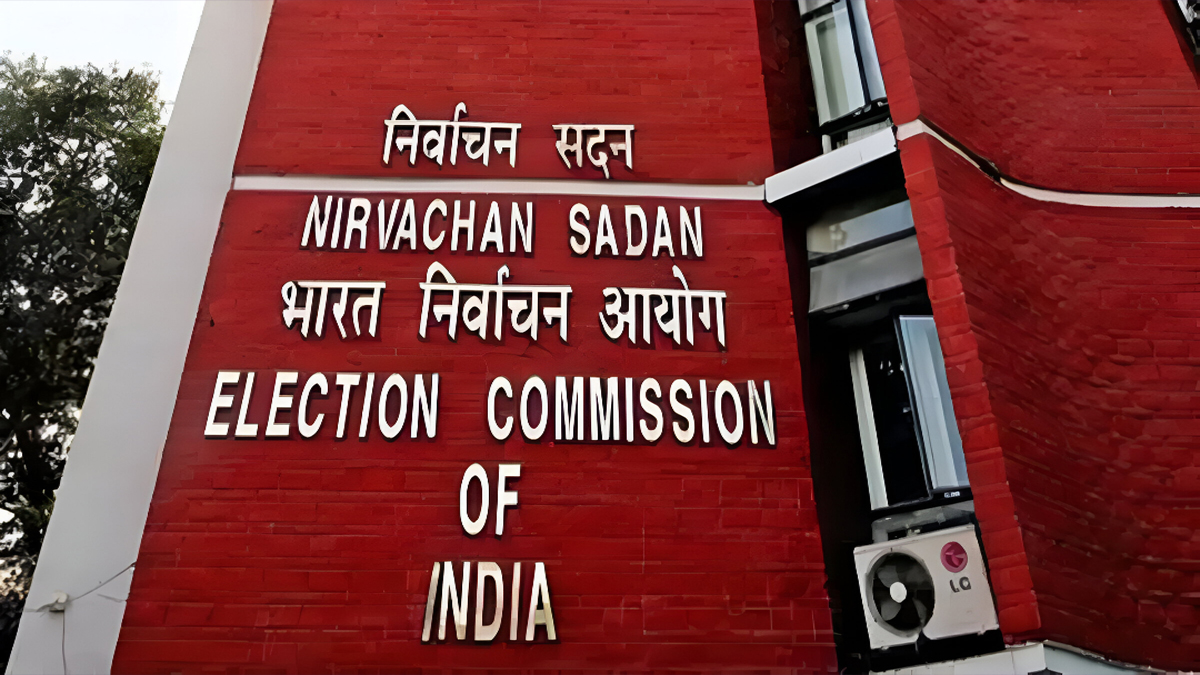
All India Majlis-e-Ittehadul Muslimeen (AIMIM) President Asaduddin Owaisi has launched a strong accusation against the Election Commission of India (ECI), alleging that it is “quietly implementing” the National Register of Citizens (NRC) in Bihar under the guise of voter list revisions, ahead of the upcoming state assembly elections. The elections are anticipated to be held in October or November 2025.
Owaisi, in a statement released to the media and also shared on social media platform X, claimed that the ECI’s new guidelines for voter enrollment and verification are highly problematic and could lead to the disenfranchisement of a significant portion of Bihar’s poor and marginalized population. He asserted that citizens are now being asked to furnish detailed birth documents for themselves and their parents, a requirement he termed a “cruel joke” especially for residents of flood-prone and economically backward regions like Seemanchal, where many lack such records.
According to Owaisi, the new directives mandate different levels of documentary proof based on the individual’s birth year. Those born before July 1987 are required to present one of eleven accepted documents proving their date and/or place of birth. For individuals born between July 1, 1987, and December 2, 2004, proof of their own birth details along with one parent’s birth details is now necessary. The most stringent requirement applies to those born after December 2, 2004, who must provide proof of their own birth details and those of both parents. Owaisi warned that failure to comply with these stringent requirements within the stipulated one-month window for door-to-door verification could result in the deletion of names from the electoral roll.
The AIMIM chief highlighted that official estimates suggest only about three-fourths of births are registered in India, and many existing government documents are riddled with errors. He argued that to expect the poorest sections of society to possess such elaborate and accurate documentation for multiple generations is unrealistic and discriminatory. He further emphasized that removing rightful Indian citizens from the voter list would not only violate their constitutional right to vote but also undermine public trust in the Election Commission, particularly as the state elections draw near.
Owaisi also drew attention to a 1995 Supreme Court ruling in the Lal Babu Hussein case, which he cited as emphasizing that a registered voter cannot be removed from the electoral roll without proper notice and due process. The Supreme Court, he noted, also held that citizenship cannot be proven solely through a limited set of documents, and all relevant evidence must be considered. He questioned the practicality of the ECI’s plan to complete such an extensive door-to-door verification process within a mere month in a state like Bihar, known for its high population and connectivity challenges.
Similar concerns have been echoed by other opposition parties. Trinamool Congress MP Derek O’Brien also criticized the ECI’s voter verification drive, particularly in Bihar and West Bengal, calling it a “sinister move” to introduce NRC through the backdoor. He, too, pointed to the extensive documentary requirements and questioned the timing of the exercise, suggesting it might be linked to internal surveys predicting unfavorable outcomes for certain parties.
The Election Commission has not yet officially responded to these specific accusations of covertly implementing NRC. The Bihar Assembly elections are a crucial political event, and any measure perceived as affecting voter eligibility or fairness of the electoral process is likely to generate significant debate and controversy.

